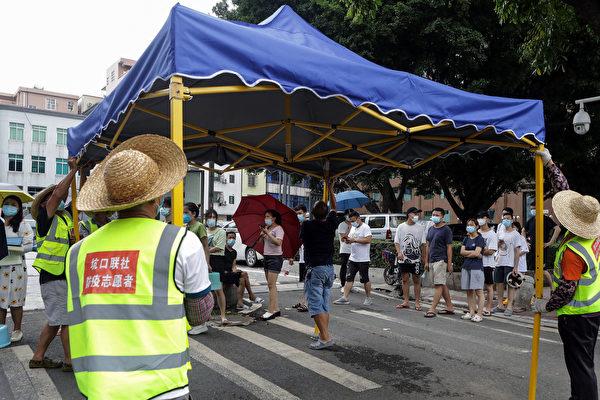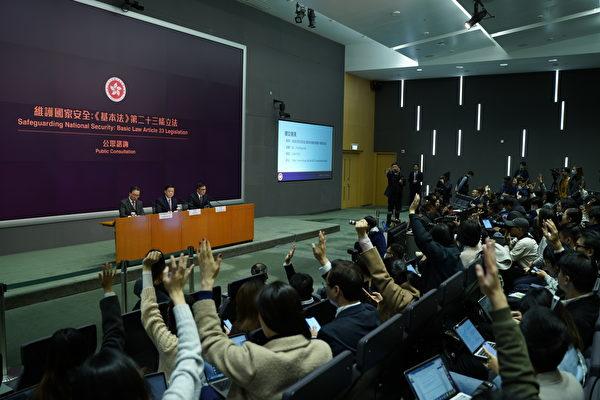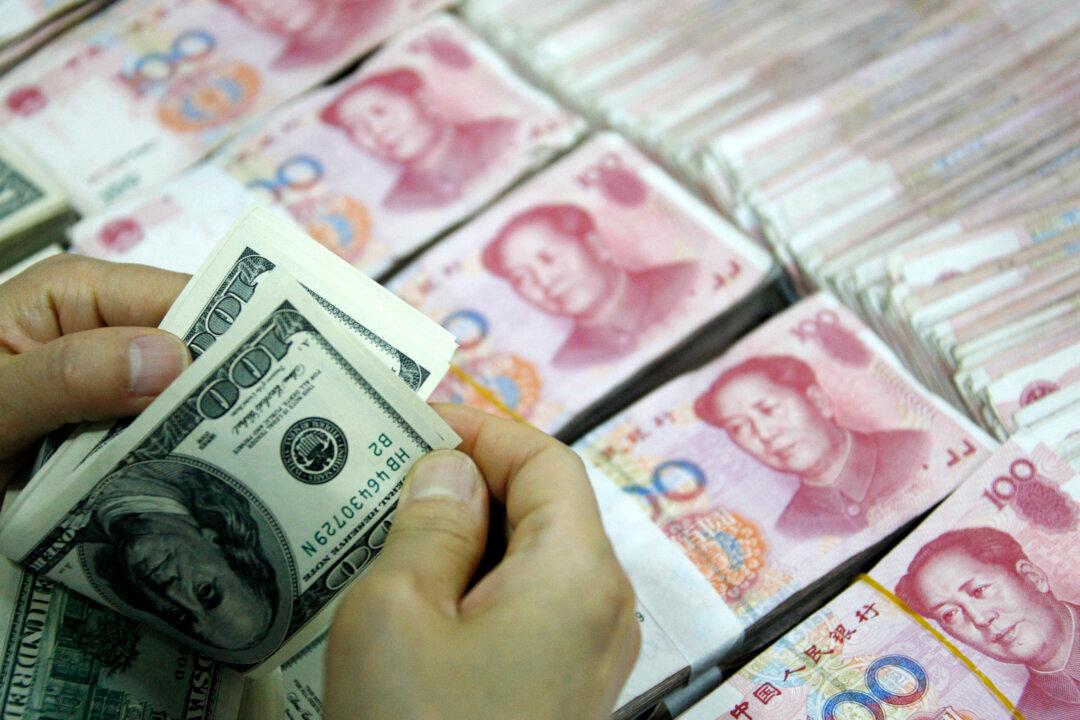July 1 marks the centennial of the Chinese Communist Party (CCP). Guangzhou, which has been closed for a long time due to a CCP virus outbreak, has suddenly lifted traffic controls in some areas and on the city borders. However, the city will again conduct nucleic acid testing, and the outskirts of Guangzhou are also preparing to build a large international quarantine center with 5,000 individual spaces.
On May 29, some areas of Liwan District in Guangzhou were closed down and people could not go out. On June 24, the Guangzhou Epidemic Prevention and Control Headquarters issued a notice that Liwan District, except for Heyuan Residential Community, could resume both inbound and outbound traffic.
Traffic control is lifted on roads bordering Foshan City and Liwan District, Guangzhou City. The Guangzhou-Foshan subway line and cross-city bus lines were also resumed.
China’s top COVID-19 epidemic advisor Zhong Nanshan said on June 25 that from June 19 to 24, Guangzhou had no new local cases for six consecutive days, with a total of 153 cases reported throughout the city in this round of outbreak. So, the epidemic has been effectively controlled.
On the same day, Chen Bin, deputy director of the Guangzhou Municipal Health Commission, said at a press conference that a round of nucleic acid tests was completed on June 30. “Lifting the lockdown is not the same as lifting all control measures,” she said. “Any negligence may result in a complete failure.”
Zhong also acknowledged that the variant circulating in Guangzhou was the Delta variant that originally emerged in India which is highly contagious. “Delta has a high virus load once inside the human body, and the carrier’s exhaled gas is highly infectious as it has a high concentration of the virus,” he explained.
Zhong said that Guangzhou had decided to build a large international quarantine center on the outskirts of the city.
“An ordinary hotel is not qualified as an isolation hotel,” he said. “Guangzhou has decided to build a Guangzhou International Health Station on the outskirts, which covers 250,000 square meters. There are 5,000 separate spaces, and the rooms are strictly in accordance with the specifications of isolation and the occupants will not have any chance to infect each other. Only this can be called a quarantine hotel.”
Commentator Zhong Yuan said six local cases in Guangdong Province were announced on June 18, but no local cases have been reported since June 19. Even the asymptomatic infected people were said to be imported cases from overseas, according to official reports. He said he believed that since the centennial of the CCP was approaching, the National Health Commission became cooperative.
Zhong Yuan said he believed that the CCP actually used Zhong Nanshan’s mouth to “zero out” the epidemic numbers before the centennial on July 1.
“But this time, the Party media did not dare to make a high-profile announcement about the ‘zeroing out,’ so they made Zhong Nanshan come out again and use his mouth to tell the public that the outbreak in Guangzhou is ‘under control.’”





